- Heating
- Posted
Heating need not cost the Earth

If the issue of sustainability is to truly be on the agenda in terms of construction and development, it is nowhere more evident than in how we approach insulation. Recognition of the economic and environmental benefits of properly insulating our buildings is being called for by experts on environmentally conscious construction, such as RTE TV presenter Duncan Stewart.
The most important thing about buildings is insulation’, he stresses. ‘That means the right type of insulation, to the right thicknesses, applied in the right way’.
However, the potential benefits of insulation in Ireland have been largely undermined through careless application. ‘The workmanship is nearly always sloppy to the extent that the performance of the insulation will never be achieved and it will fall well below what is expected’, says Stewart. ‘There are approximately a million houses in Ireland, and you can take it that at least half a million of those are extremely poorly insulated. Certainly a quarter of Irish houses are a disaster, where the heat losses are six times what they should be’.
Indeed, Stewart has extended the issue of the environmental worth of insulation into highlighting alternative insulating materials, such as sheep’s wool - a 100% natural, non-fibrous, breathable material - which has featured in his series About the House, and cellulose. Stewart stresses the comfort and contact friendly nature of sheep’s wool, and the added benefit of its absorption of humidity. He particularly recommends both sheep’s wool and cellulose-which is made from recycled paper-for insulating breathable structures, such as timber frame buildings, and attics.
Indeed, experts in environmentally conscious construction are spreading information on the values of further natural insulating materials, such as straw bale and hemp. Professor Tom Woolley of the Centre for Green Building Technology at Queens University, Belfast, for instance, is currently working on a breathable hemp wall, which will be exhibited at the Self-Building, Extending & Renovating Homes Show in Belfast early next year.
An increasing awareness of more environmentally sound construction methods and materials, tied into the vital role that insulation can fulfil in terms of energy efficiency and a following reduction in emissions, is leading to the logical conclusion that the right types of insulation, if applied correctly, can have significant energy saving and environmental benefits.
Related items
-
 Peaky blinder
Peaky blinder -
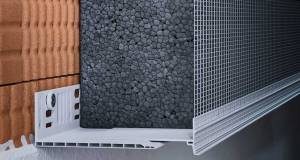 New Ejot profile cuts thermal bridging losses by 25mm insulation equivalent
New Ejot profile cuts thermal bridging losses by 25mm insulation equivalent -
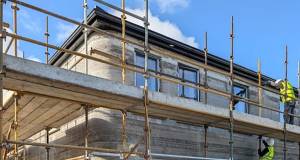 Ireland’s first 3D printed homes insulated with clay foam
Ireland’s first 3D printed homes insulated with clay foam -
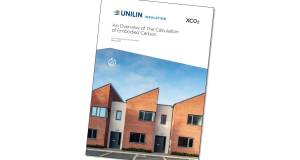 Unilin Ireland launches embodied carbon report
Unilin Ireland launches embodied carbon report -
 Up to 11
Up to 11 -
 It's a lovely house to live in now
It's a lovely house to live in now -
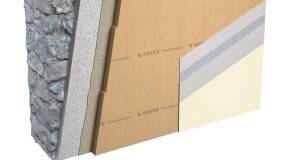 Ecological launches Retro EcoWall for internal wall insulation
Ecological launches Retro EcoWall for internal wall insulation -
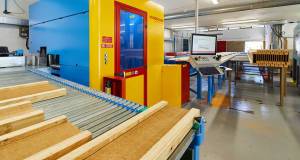 We Build Eco flat pack timber frame partnership gathers pace
We Build Eco flat pack timber frame partnership gathers pace -
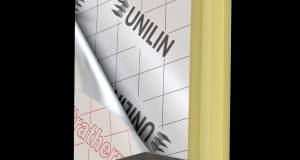 Xtratherm name changes to Unilin
Xtratherm name changes to Unilin -
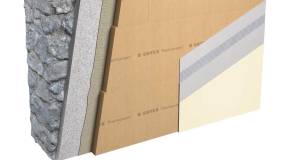 Ecological Building Systems launch Retro EcoWall for internal wall insulation
Ecological Building Systems launch Retro EcoWall for internal wall insulation -
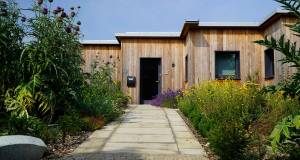 Mass timber masterwork
Mass timber masterwork -
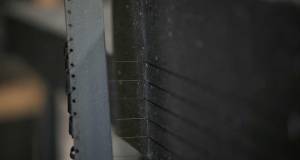 Kore launches low carbon EPS
Kore launches low carbon EPS

